Garth Gibson
Priority-based Parameter Propagation for Distributed DNN Training
May 10, 2019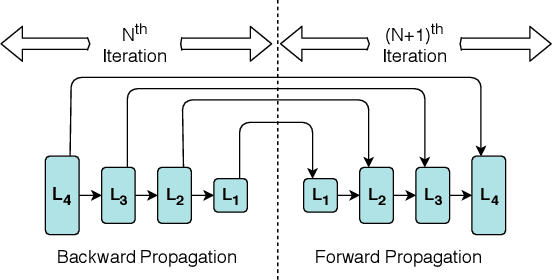
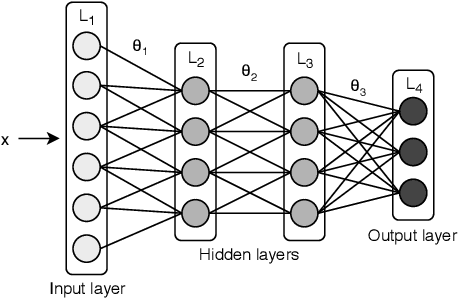
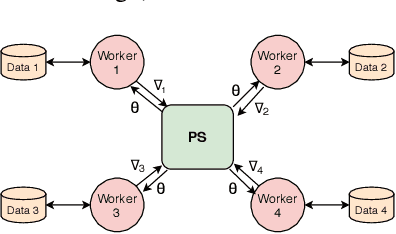
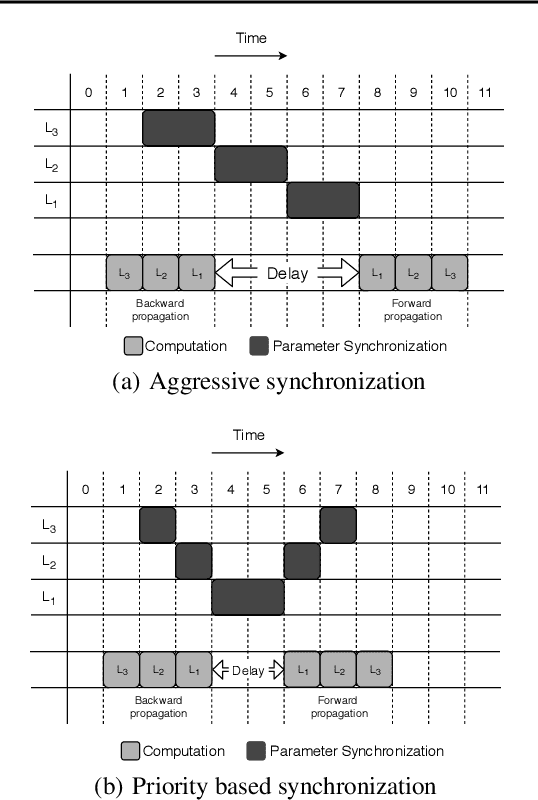
Abstract:Data parallel training is widely used for scaling distributed deep neural network (DNN) training. However, the performance benefits are often limited by the communication-heavy parameter synchronization step. In this paper, we take advantage of the domain specific knowledge of DNN training and overlap parameter synchronization with computation in order to improve the training performance. We make two key observations: (1) the optimal data representation granularity for the communication may differ from that used by the underlying DNN model implementation and (2) different parameters can afford different synchronization delays. Based on these observations, we propose a new synchronization mechanism called Priority-based Parameter Propagation (P3). P3 synchronizes parameters at a finer granularity and schedules data transmission in such a way that the training process incurs minimal communication delay. We show that P3 can improve the training throughput of ResNet-50, Sockeye and VGG-19 by as much as 25%, 38% and 66% respectively on clusters with realistic network bandwidth
High-Performance Distributed ML at Scale through Parameter Server Consistency Models
Oct 29, 2014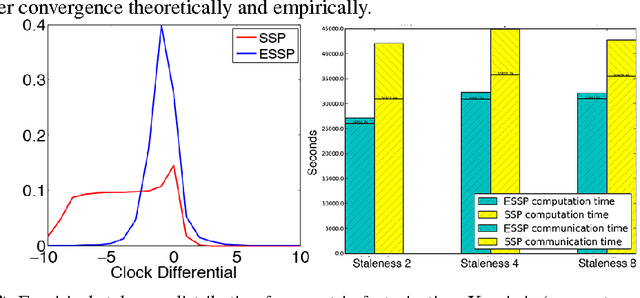
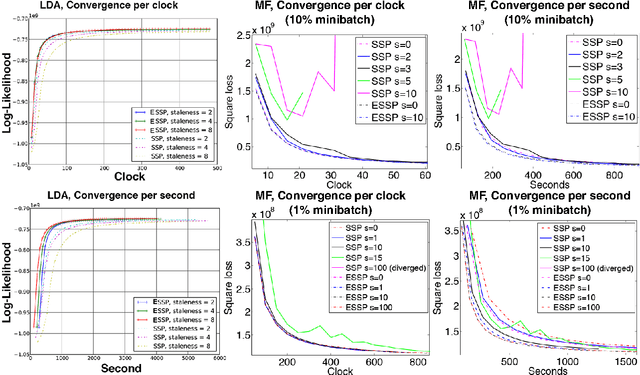
Abstract:As Machine Learning (ML) applications increase in data size and model complexity, practitioners turn to distributed clusters to satisfy the increased computational and memory demands. Unfortunately, effective use of clusters for ML requires considerable expertise in writing distributed code, while highly-abstracted frameworks like Hadoop have not, in practice, approached the performance seen in specialized ML implementations. The recent Parameter Server (PS) paradigm is a middle ground between these extremes, allowing easy conversion of single-machine parallel ML applications into distributed ones, while maintaining high throughput through relaxed "consistency models" that allow inconsistent parameter reads. However, due to insufficient theoretical study, it is not clear which of these consistency models can really ensure correct ML algorithm output; at the same time, there remain many theoretically-motivated but undiscovered opportunities to maximize computational throughput. Motivated by this challenge, we study both the theoretical guarantees and empirical behavior of iterative-convergent ML algorithms in existing PS consistency models. We then use the gleaned insights to improve a consistency model using an "eager" PS communication mechanism, and implement it as a new PS system that enables ML algorithms to reach their solution more quickly.
 Add to Chrome
Add to Chrome Add to Firefox
Add to Firefox Add to Edge
Add to Edge